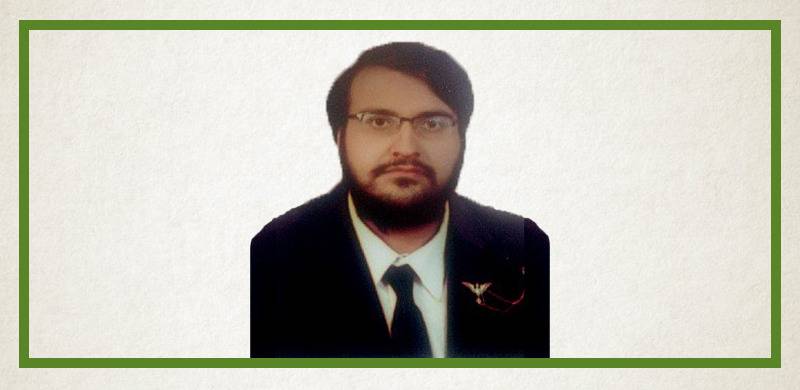
The federal parliament on the 7th of February passed a resolution asking for public hangings for child rapists and killers, which drew backlash from some sectors and cheers from another. First of all a resolution is not legislation but simply an announcement of what the assembly feels should be done. The number of resolutions passed and forgotten by the parliament are numerous, to say the least. However this resolution revealed exactly the problem with our legislative system. Our legislators look to pass laws with the right intentions but more often than not, they fail to pass any meaningful and effective legislation – due to wrong actions and misinformation.
The recent horrors of child molestation and rape have shaken the core of the very nation where everybody unanimously demands strictest of punishments for all perpetrators of such acts but it must be done rightly and effectively.
The resolution is meaningless since it violates article 14, which is about the inviolability of human dignity. Even more, it actually contravenes the reported judgment of the honourable Supreme Court in 1994 SCMR 1028, where the court observed that public hangings even for the worst of criminals violate the right to human dignity as observed in article 14 of the constitution, as well as the right to protection from torture as articulated in the “Universal Declaration of Human Rights in Islam”, a charter produced by leading Islamic scholars in London in 1980.
Thus such legislation can never happen – making the resolution absolutely useless.
The legislators must do their job and pass effective legislation to make sure the process is not impeded and the horrendous act itself is punished severely. Firstly, right now the punishment for child sexual abuse and pornography is governed by section 292. Section 292A states the punishment for seducing a child is a minimum of one year and a maximum of 7 years. Moreover, 292C for child pornography says the punishment is 14 years to 20 years.
If examples are to be set, then the legislators can easily pass legislation allowing for death sentence for anybody that looks to commit heinous acts under section 292A and 292B. Such legislation would also effectively create a deterrent against child marriages, since section 292A deals with seduction of a child with the intention of sexual activity.
This would allow a more effective example to be made, as in many cases the victim was not murdered. In the Kasur case, many victims were alive and haunted by the actions but the perpetrators were neither caught nor punished. Any punishment received would see the perpetrators free one day. The death sentence would see it corrected. Secondly the problem is also about the delays and the process itself. The legislators can easily pass laws that would allow such cases to be expedited – with minimal delays through effective legislation that would amend the police procedure in these cases along with court procedure which. The legislators can also see to it that protection is provided to the victims and all necessary precautions are taken to ensure their safety and future well-being.
The kind of laws proposed above would go a long way in combating child rape and pornography. But they would bring forth the sword of law upon many who would object due to their own vested interests. The national assembly might actually be forced to bring forth effective debate upon the topics which have been buried for some time.
So it is far more realistic to expect the national assembly to pass a meaningless and senseless resolution, creating the illusion that the government is taking such issues seriously – even when the actual situation for victims is very different and very grim.
